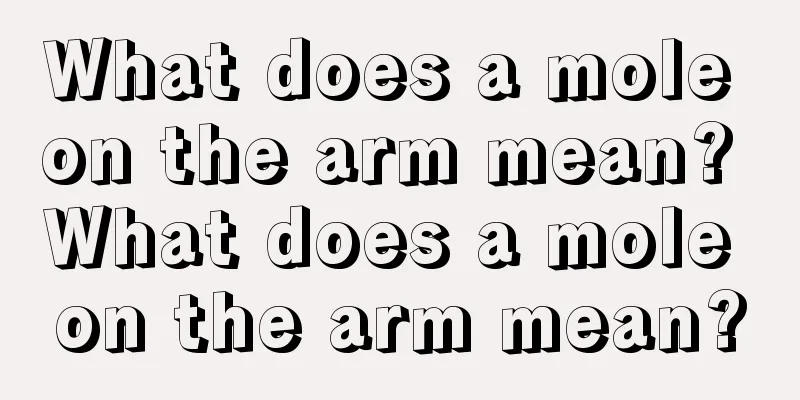German regulator approves $280 million Ethereum token sale

|
Blockchain startup Fundament has received regulatory approval to launch the first mass-market tokenized real estate-backed bond available to retail investors. The Berlin-based company announced on Tuesday that it has received approval from Germany’s financial regulator, BaFIN, to offer a 250 million euro ($280 million) token offering that will be open to all individual investors with no minimum investment requirements and properly regulated. For example, someone in Indonesia will be able to buy 100 euros worth of Ethereum tokens through Fundament to indirectly invest in German commercial real estate. A BaFin representative told Coindesk: “We confirm the approval of the prospectus of Fundament Group. This is indeed the first time we have approved a prospectus for a blockchain-based real estate bond. Although it is not the first blockchain application to be approved.” The token, which will begin market sales next month, will run on the public ethereum blockchain using the ERC-20 standard popularized during the 2017 ICO boom. Blockchain real estate is a hot area. In the past, it was usually a private placement, which did not require a prospectus or approval from financial market regulators, said Florian Glatz, co-founder of Fundament Group. For example, in March this year, Inveniam Capital Partners tokenized four private real estate and debt transactions in a WeWork property in downtown Miami, Florida, with a total value of US$260 million. Other examples include Templum Markets, which sold security tokens representing shares in a Colorado ski resort last year, accepting dollars, bitcoin and ether. Beyond real estate, companies like UK-based Nivaura have developed tokenized debt and equity under regulation and approved for trading on secondary markets. “We went through this long and tedious process with regulators to avoid restrictions later on,” Glatz said. “Typically these projects have a minimum investment requirement, usually €100,000 or more, which limits the number of investors. Fundament gets rid of this restriction and will be the world’s first truly mass-market tokenized real estate.” Compliance ChallengesFundament's tokens will cover five construction projects: three in Hamburg, one in Frankfurt and one in the university city of Jena. The projects include residential, commercial and hotel properties, with a total area of more than 680,000 square feet upon completion. The company expects project returns to be in the mid-to-high single digits. “Holding the tokens guarantees that the holder has a legal claim on the bond issuer — to pay them dividends of about 4-8% per year; and once the fund’s run is closed or exited, the token holder will receive the full value of the fund,” Glatz said. To comply with Know Your Customer (KYC) and Anti-Money Laundering (AML) regulations, IDnow will be responsible for verifying the identity of token buyers, a process that takes an average of three minutes, after which users can proceed with their token purchases. Buyers can pay for the tokens in Bitcoin, Ethereum, U.S. dollars, or euros. It was a challenge to complete the project within the constraints of MiFID II, the European regulatory framework. “We submitted our prospectus in December 2018 and it was approved last week. So it was six to seven months of work,” Matzke said. “Every two or three weeks you get a 20-page request from the regulator that you change something. It goes back and forth for months, and all the documents add up to a hundred-page book.” The whole thing would have been almost impossible to achieve if its founding team didn’t have so many legal and technical experts; in other words, because they are lawyers themselves, they don’t need to spend a lot of money on legal fees. “We save a lot of time here,” says Matzke. According to a report by Bitpush on July 11, the U.S. Securities and Exchange Commission (SEC) has allowed blockchain startup Blockstack to publicly issue $28 million in tokens under Regulation A+. Regulation A+ is an alternative to an initial public offering (IPO) and is typically offered to startups that need early-stage funding. The public can participate in Regulation A+ financings. Blockstack founders Muneeb Ali and Ryan Shea told the Wall Street Journal that they spent 10 months and invested as much as $2 million to get SEC approval. “It takes a long time and costs money because the company and the SEC have to create a digital token offering agreement from scratch for Regulation A+.” Image source: pixabay Written byAn RONG This article comes from bitpush.news. Reprinting must indicate the source. |
<<: After approving cryptocurrency mining, will Iran become the world's "mining paradise"?
>>: Scammers impersonate UK financial regulator to promote Bitcoin scam
Recommend
Not interested in the New Year's Eve concert
It's the end of the year again, and the New Y...
What does a low nose bridge mean?
What does a low nose bridge mean? We all know tha...
Where does the high income from DeFi mining come from? Is it sustainable?
Original title: "Analysis | Where does the h...
Palmistry shows who has good fortune in wealth
Source: Qi Bingquan's blog Among everyone'...
How to tell fortune from the palm of a woman with a broken palm
The broken palm is a relatively special type of p...
Eyebrows can tell you where your love problems lie
Eyebrows can tell you where your love problems li...
A woman with good looks who can marry a good husband
A woman with good looks who can marry a good husb...
People who don't know how to read other people's eyes
In today's competitive society, sometimes you...
How to read the marriage line in palmistry
We all know that the marriage line determines whe...
Bitcoin legalization in El Salvador is no accident, Bitcoin Beach and Lightning Network are the key
Last week, the Congress of the Republic of El Sal...
Eyebrows are too close to eyes, what does it mean? I have an impatient personality
Facial features are interpreted and analyzed base...
Is there a relationship between talking too much and losing money and moles at the corners of the mouth?
Is there a relationship between talking too much ...
What are the palmistry characteristics of people who are likely to win the lottery?
Palmistry Features That May Prone to Winning Lott...
Does the location of moles really have anything to do with fate?
Does the location of moles really have anything t...









